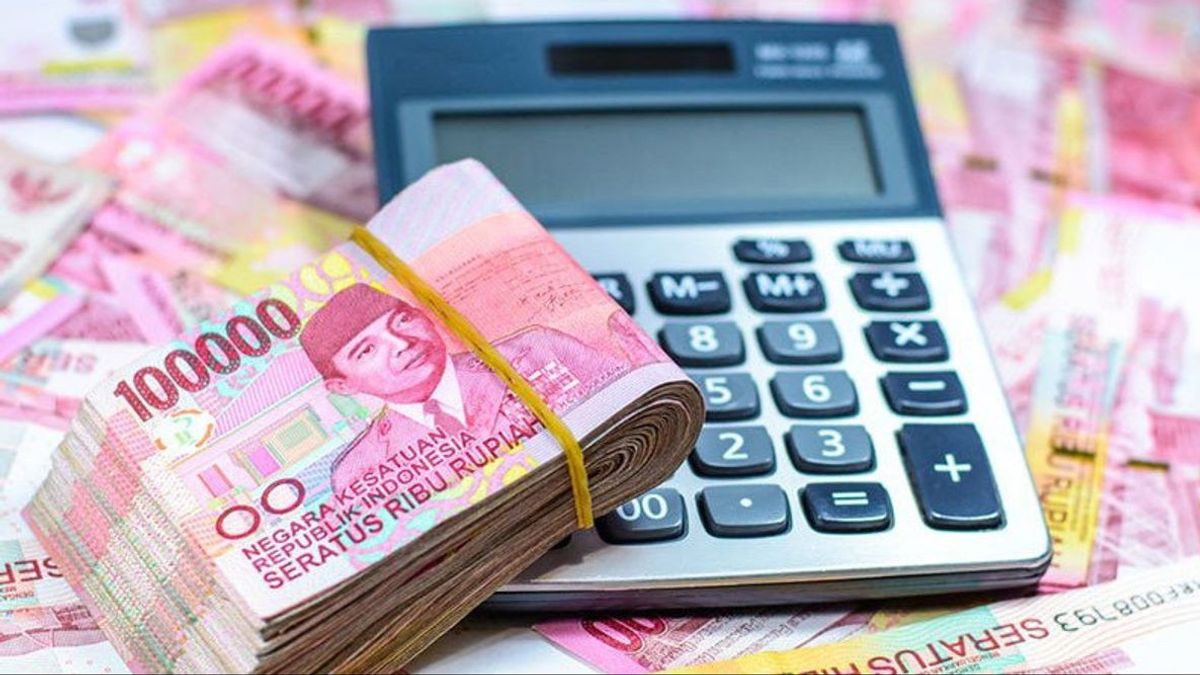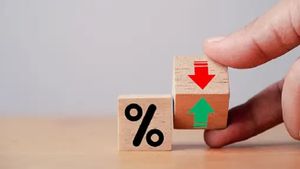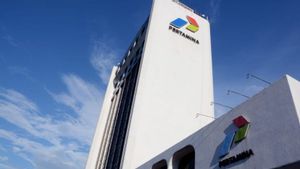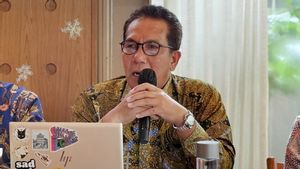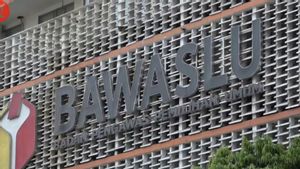JAKARTA - Bank Indonesia (BI) reports that lending by banks is recorded to be on the green line throughout the first semester of 2021. However, BI said that the results recorded in the first half were not entirely encouraging.
“Banking intermediation has started to grow positively, although not yet strong. During the first semester of 2021, credit will grow slowly by 0.59 percent year-on-year (yoy)," said Head of the BI Communications Department Group Muhamad Nur in a written statement, Tuesday, October 5.
According to Nur, the positive pace of credit was driven by demand for financing which began to increase in line with improving performance of corporations and households.
"In addition, developments are also supported by improving corporate performance, especially export-oriented corporations in line with increasing global demand," he said.
Nur added, although there is still a tendency to use internal funds, corporations in several sub-sectors of the manufacturing industry have begun to indicate the need for external funding, including from banks.
For information, Bank Indonesia estimates credit growth in 2021 at 4 percent to 6 percent with growth in third party funds (DPK) of 6 percent to 8 percent.
"The forecast for credit disbursement in 2021 is supported by optimism about monetary and economic conditions, as well as relatively subdued credit disbursement risk," he said.
However, Nur assessed that a number of challenges still need to be watched out for, including the Fed's tapering policy plan.
"Bank Indonesia will continue to monitor the dynamics of the economy and the development of the spread of COVID-19 in formulating the necessary further policy steps," he added.
It is also said that the central bank seeks strengthening to encourage intermediation, including to answer the challenges of a new civilization after the pandemic. For this reason, Bank Indonesia will continue to innovate in the digital aspect, economic and financial inclusion, and the green economy.
Just so you know, credit growth had accelerated in early 2019 perched at the double-digit level. Meanwhile, the deepest intermediation contraction occurred in March 2021 with a record minus 4 percent.
The difficulty for banks to disburse credit was mainly due to the weak demand side. The uncertainty of the situation and the consequences of the pandemic have made people delay expansion.
On the other hand, funds in the banking sector accumulate in the form of third party funds, which makes the burden on banks greater to provide returns to customers in the form of interest.
This is the problem that the stakeholders are trying to solve by providing certain stimuli or incentives to encourage funds to leave the bank and be more productive.
"The synergy of Bank Indonesia's policy mix together with other financial authorities and the government will continue to be strengthened to maintain macroeconomic and financial system stability, as well as accelerate national economic recovery," concluded Nur.
The English, Chinese, Japanese, Arabic, and French versions are automatically generated by the AI. So there may still be inaccuracies in translating, please always see Indonesian as our main language. (system supported by DigitalSiber.id)
